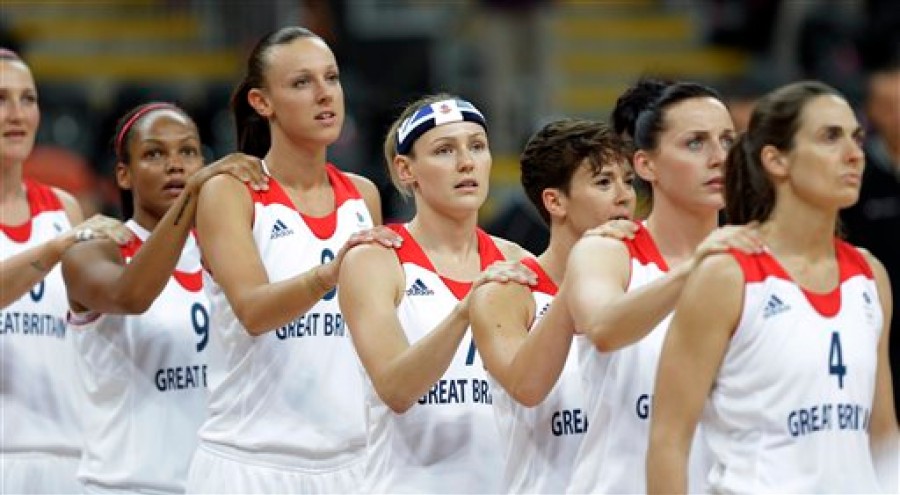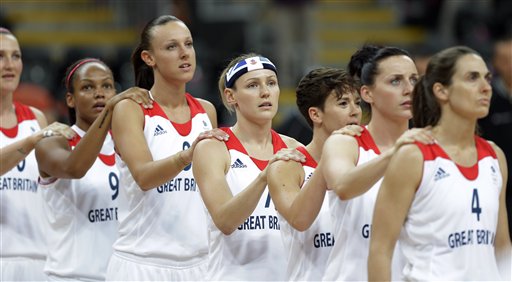2012 games have been called ‘Year of the Woman’ but obstacles to equality remain
By

2012 games have been called ‘Year of the Woman’ but obstacles to equality remain
By
WBEZ brings you fact-based news and information.
Sign up for our newsletters
to stay up to date on the stories that matter.

The 2012 Olympics mark an incredible moment for women: For the first time ever, Team USA is taking more female athletes than men and every country participating in the Olympics has female representation. Women make up 40 percent of the competing athletes, and for the first time, each sport is represented by both sexes.
But there’s still a lot of inequity, especially when it comes to funding for women from developing countries. We take a look at how women athletes are fairing at the 2012 Olympics with Chris Shelton, professor of exercise and sport studies at Smith College.